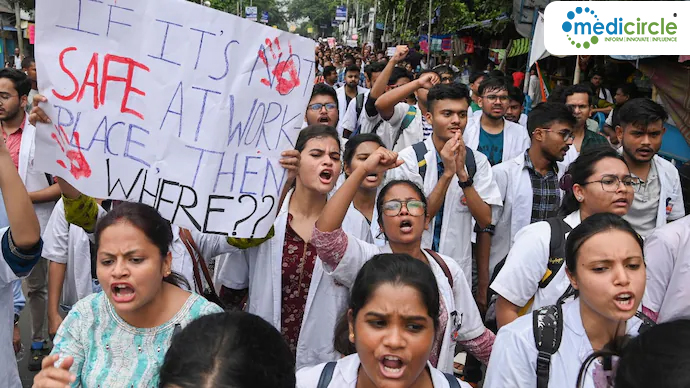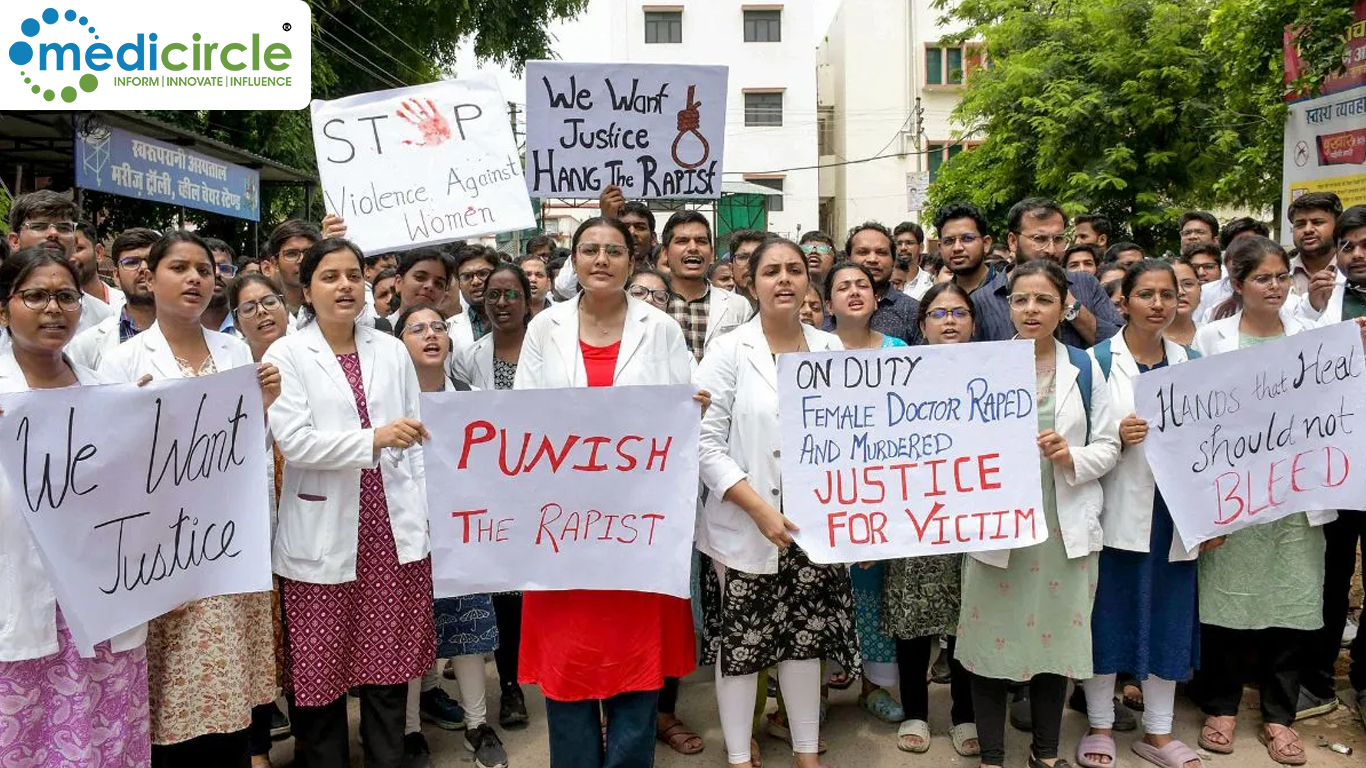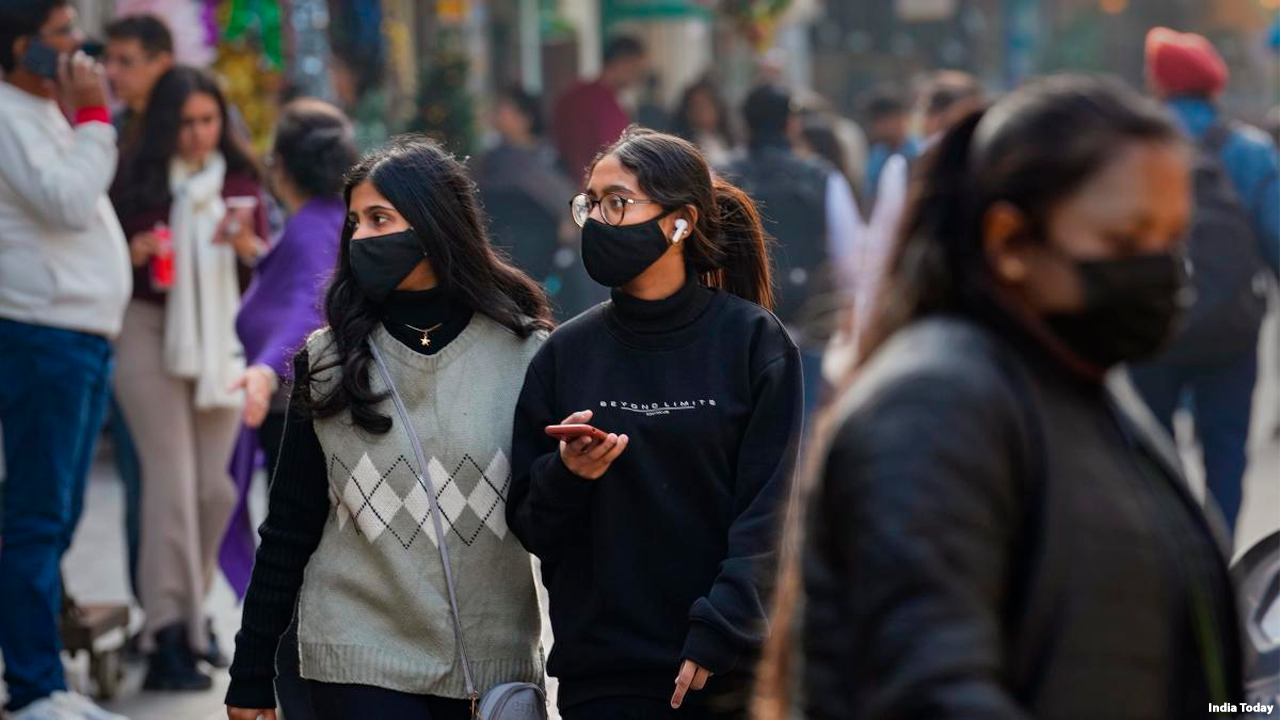The body's severe response to an infection is sepsis. It occurs when an existing infection in your body triggers your immune system to fight at an extreme level. As we know, our body fighting an infection is a natural process, but when our body fights on an extreme level, it damages its own tissue. Sepsis-causing infections typically begin in the gastrointestinal system, urinary tract, skin, or lungs.
Nearly 3 million people die from sepsis every year in India, where there are an estimated 11 million cases. The most frequent reason for ICU admission is sepsis, which is also far more likely to cause morbidity and mortality.
Stages of Sepsis
It is a life-threatening medical condition that progresses to more severe stages of Sepsis. Let's check out the three stages of sepsis.
Sepsis- It is an extreme response to an infection that you already have that gets into your bloodstream and causes inflammation in your body.
Severe sepsis- Sepsis may progress to severe sepsis when the body's overwhelming response to infection starts damaging its organ's functions.
Septic shock- Severe sepsis leads to septic shock when there is a significant drop in blood pressure, which leads to serious complications that include organ dysfunction, stroke, and possible death.
Symptoms of sepsis:
These are the symptoms that occur when your body tries to fight the infection.
- fever and chills
- confusion or disorientation
- difficulty breathing
- hypotension
- sweaty skin
Symptoms of severe sepsis:
These symptoms are related to organ failure.
- Skin discoloration, particularly on the lips, fingers, and toes
- drop in body temperature
- decreased urination
- dizziness
- changes in mental ability
- extreme weakness (asthenia)
- Fainting episode
Symptoms of septic shock
Septic shock shares the same symptoms as severe sepsis, including a major drop in blood pressure. This includes organ failure, blood clot formations in the body, and tissue death which can lead to death.
Who is at risk for sepsis?
- People with weak immune system
- Newborns
- Patients in Intensive Care Unit (ICU)
- Senior citizen
How to prevent septic shock
Receive immediate medical attention if you have a bacterial infection. When it is left untreated, it can cause a septic shock that is fatal.
- Get regular vaccinations against viral infections that may cause sepsis.
- Practice good hygiene.
- Care for and clean any open or gaping wounds.
Reference links:

 A bacterial infection that may cause a life-threatening medical condition called sepsis. Let's learn more to prevent the problem or at the very least be aware of it.
A bacterial infection that may cause a life-threatening medical condition called sepsis. Let's learn more to prevent the problem or at the very least be aware of it.






.png)












.jpeg)



.jpg)




.jpg)





.jpeg)

.jpg)


